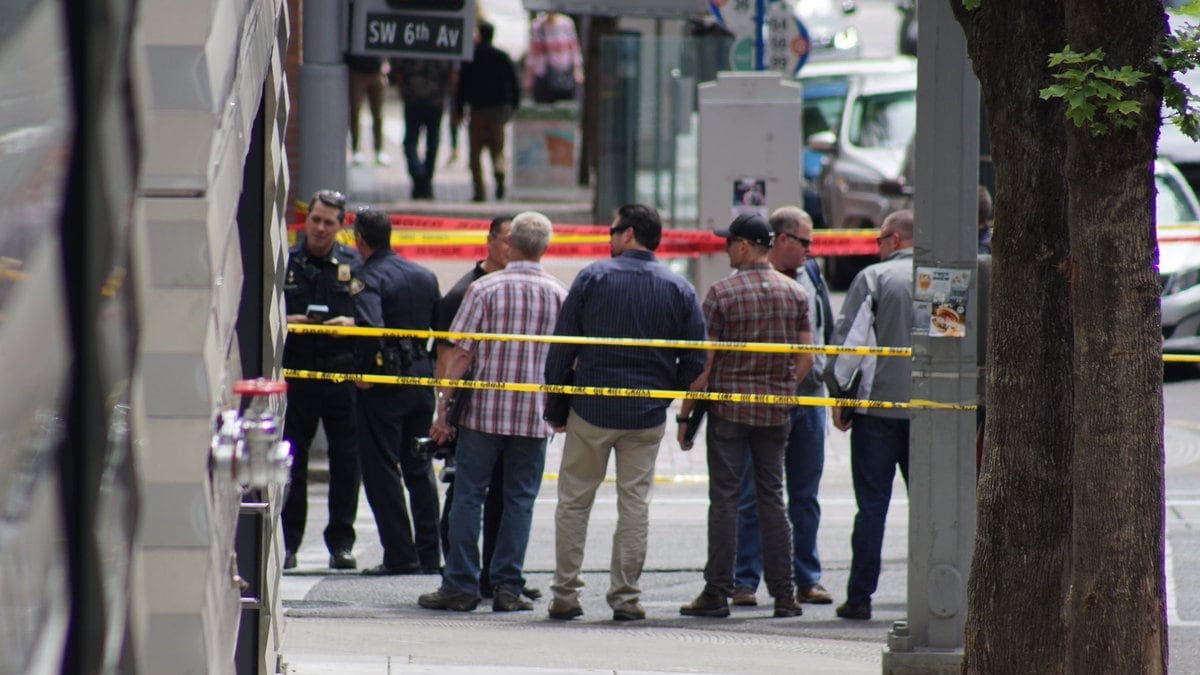The man who hit three women with an SUV on the Portland State University campus last week told police he had been living in his car for a year.
But that narrative is at odds with reports from the director of a local rehabilitation facility in Southeast Portland.
Officials at the facility today reaffirmed previous statements that Greg Porter, who was arrested for attempted murder and other charges, had been a patient this spring at Secora Health and Rehabilitation of Cascadia. Porter had been undergoing care there until he was discharged May 1, the center's executive director James Aldred tells WW.
All of the patients treated at Secora are residents who live at the facility, he says. Porter's SUV was registered to the center's address. Aldred did not say how long Porter sought treatment, citing privacy laws.
Aldred also cleared up one question about the rehab facility: Porter wasn't there for addiction treatment or mental health care, because Secora doesn't provide those services.
Aldred says his facility provides physical therapy and skilled nursing to individuals recovering from accidents or injuries and longterm care for elderly patients. Sometimes, he says, Secora treats people who had been living on the street and need healthcare. He could not say what treatment Porter sought at the center.
"We're a nursing home and we get clientele from all different walks of life," Aldred says. "From homeless people who need antibiotics to a sweet little old lady who broke a hip."
The rehabilitation center does not provide mental health care or treatment for drug and alcohol abuse on site, though Aldred says staff sometimes refer patients to other providers for those services. (Porter told police he used cannabis every day, but had not done so for two days prior to the crash.)
Aldred says he was not surprised that Porter was involved in some kind of an incident because of the man's past behavior. He says he shared what information he can legally provide to help the public understand what happened in the immediate aftermath of the collision.
"There was some speculation about terrorism, but it probably had more to do with personal issues," Aldred says. "It probably had more to do with his delusions."
